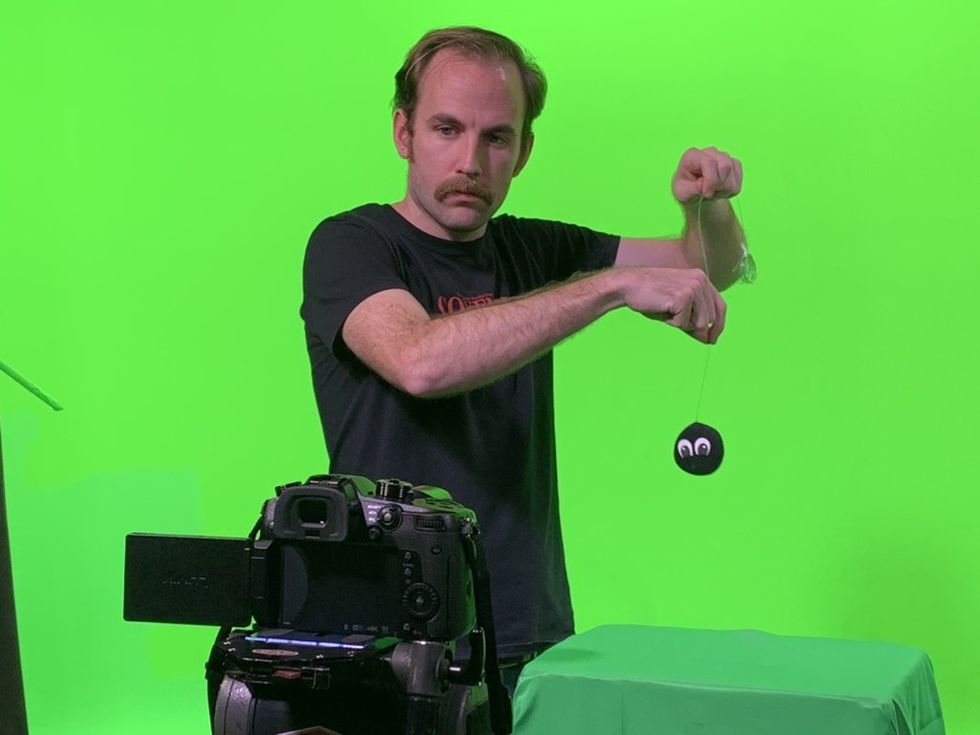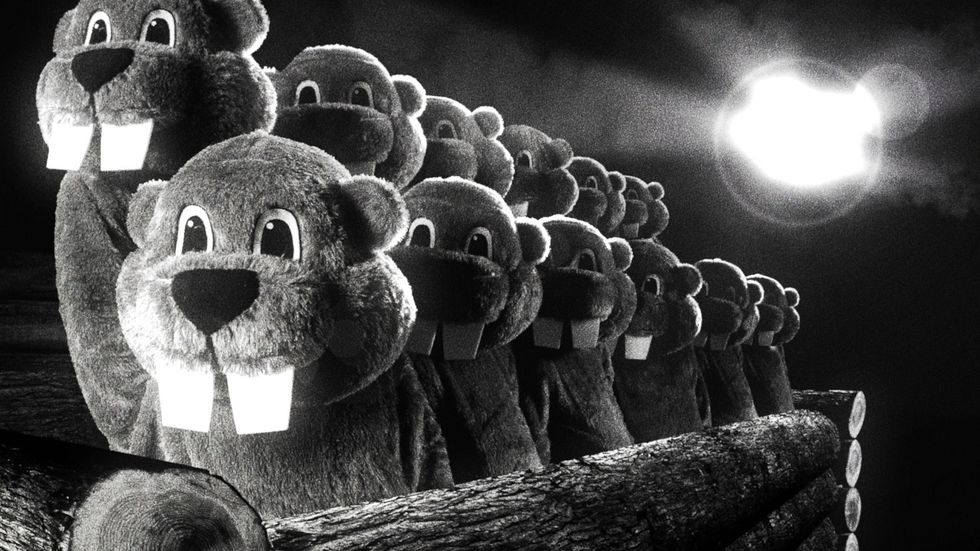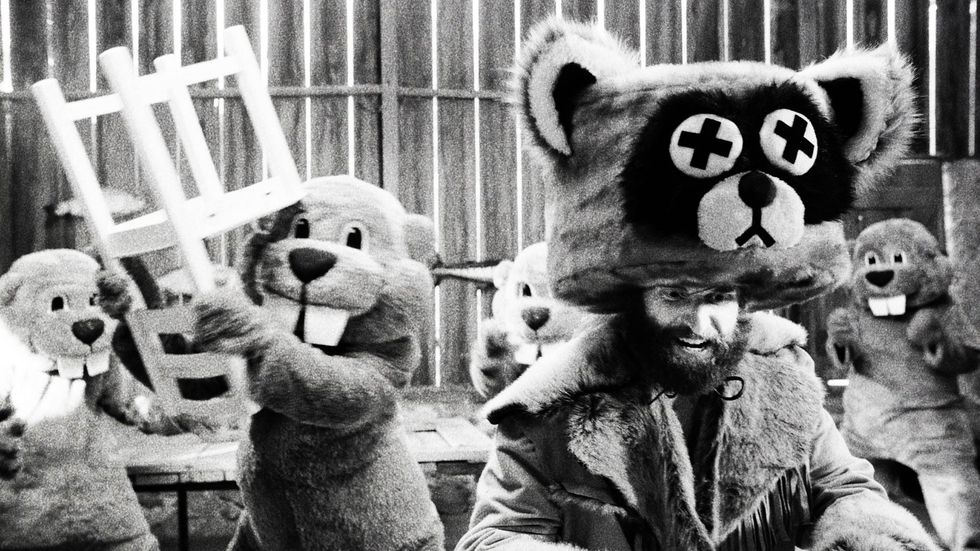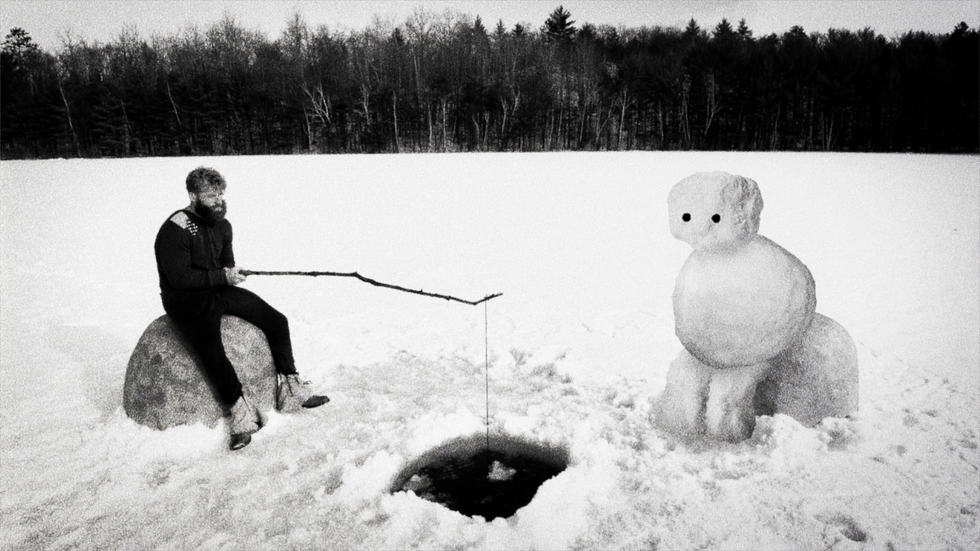What Are the Best Shakespeare Movie Adaptations?
Shakespeare film adaptations are almost always popular. Why?
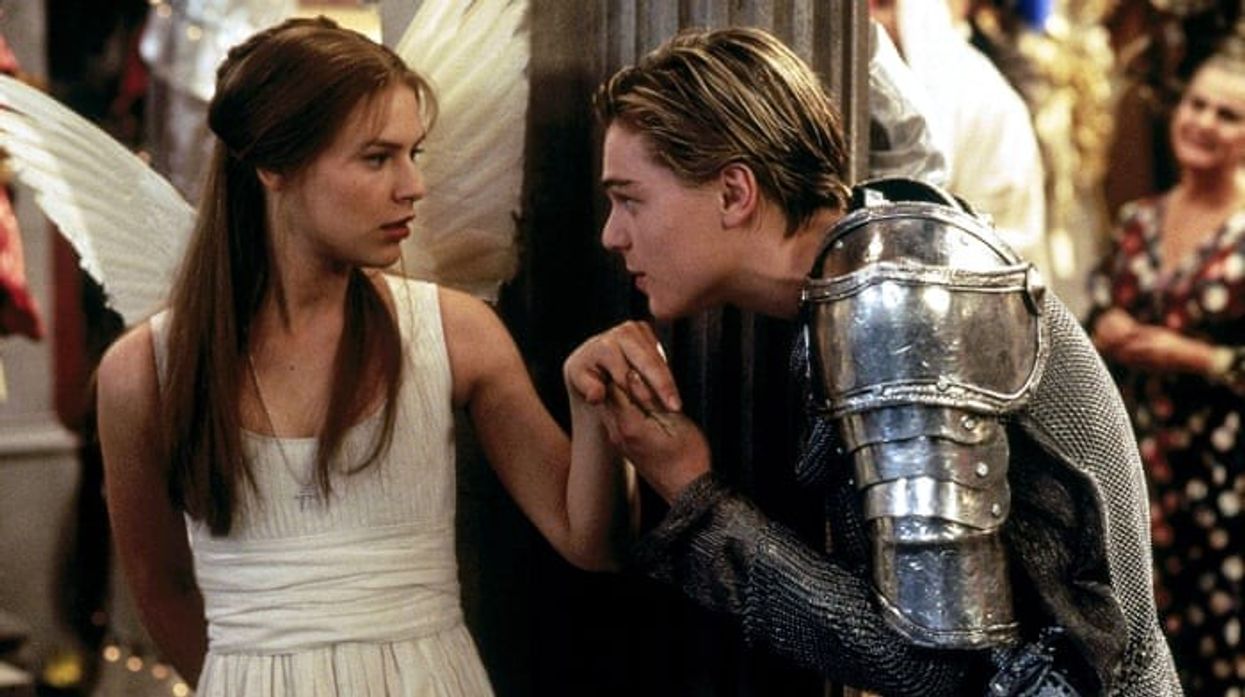
William Shakespeare has been dead for like 500 years, but Shakespeare movies always have an audience. Not only that, but his plays and stories are in the public domain, ready to inspire writers to take the best parts of the stories and make them into something new.
The fact of the matter is, it's hard to get Hollywood to greenlight anything these days. And it's expensive to find an intellectual property that everyone knows about or that has a bit of a buzz around it. So the reason Shakespeare movies stay popular is that they combine the best of both worlds: solid stories with name recognition, which makes them easily marketable all over.
Today I wanted to take a look at the best Shakespeare movies and show you how these kinds of film adaptations can help inspire your own writing. Movie adaptations out of Shakespeare plays are a fruitful business, so pay attention.
Let's dig in.
What Are the Best Shakespeare Movie Adaptations?
To really classify these movies, I didn't want to just make a list. I wanted to look at how Shakespeare is used by writers and directors to actually make something that's part of them and feels unique.
Movie adaptations are always going to be popular, and Shakespeare is never going to die.
So if you want to get into these kinds of films, this article is a good place to start.
Shakespeare in the Movies
Without a doubt, famous actors, especially classically trained ones, love doing Shakespeare. I mean, there's an entire catalog of Kenneth Branagh Shakespeare movies that seemingly come out every few years.
Some obvious entries into the "best" category are Shakespeare in Love, 10 Things I Hate About You, and Much Ado About Nothing. Those three are indicative of how these kinds of movies get made, so let's look at them quickly before moving on.
Shakespeare in Love is your standard reinvention of the wheel. It plays on Romeo and Juliet while still using Shakespeare's tropes and themes from his plays to build a unique world. Having Shakespeare as a character himself plays with intellectual property in a way that makes the idea marketable. This film won a few Academy Awards, so it knew what it was doing.
10 Things I Hate About You is another way to reinvent the wheel. Inspired by the Shakespeare play Taming of the Shrew, it does not lean into its Shakespeare. Instead, it lets that be part of the selling for the script behind the scenes. In front of the camera, it's a reimagining that makes everything contemporary but uses big swaths of the plot points to help craft the writing.
Much Ado About Nothing is the standard adaptation. It is one of those Kenneth Branagh Shakespeare movies that takes the central play and adapts it for the screen. One thing I think is admirable here is that Branagh uses a diverse cast, not limiting himself to just white and British actors. He also cribs the best parts of the play to keep it still at an average film length, so it never feels like there's too much filler.
This paid off at the box office, where the movie went on to make almost $40 million worldwide.
As you can see... there are real lessons in seeking out the best Shakespeare movies and watching them.
Movies based on Macbeth
Macbeth is one of Shakespeare's most famous plays. It tells the story of a Scottish general who yearns to be king, so he assassinates the current leader with the help of his wife. After becoming king, he finds out he's not great at it and has to use tyranny and more murder to keep people in line. Eventually, he's attacked by England and Scotland and dies.
There have been straightforward adaptations of this tale, including a 2015 Justin Kurzel effort starring Marion Cotillard and Michael Fassbender.
This one is very popular for remakes as well.
Kurosawa did his with Throne of Blood. It's one of his most powerful movies and switches the location to feudal Japan. But you don't need to make an epic to capture Macbeth. Scotland, PA is an independent film that takes the heart of Macbeth and translates it to small-town America.
Still, having a famous director does help. Citizen Kane has shades of Macbeth,but maybe we should ask Herman Mankiewicz if he envisioned it that way.

Hamlet Adaptations in Shakespeare Movies
Another of Shakespeare's most adapted works is Hamlet. Sure, there's a Kenneth Branagh Shakespeare movie, but there's also one starring Mel Gibson. Both of them are really long, really well shot, and have amazing performances.
If you want a classical version, Laurence Olivier delivered that in 1948.
Oh, and Kurosawa was all over this one as well. The Bad Sleep Well was his second Shakespeare adaptation.
You also have spinoffs like Rosenkrantz and Guildenstern are Dead, and even something like The Lion King, which is a reenvisioning of Hamlet, set within a lion's pride.
Romeo and Juliet Shakespeare Movies
Romeo and Juliet has to be the most famous of Shakespeare's plays, and therefore the most adapted story in history. This story of star-crossed lovers has made it into every entertainment venue. We have stuff like West Side Story, which was a popular Broadway show, then an even more popular movie, and soon to be a Steven Spielberg movie.
But it doesn't stop there. We have seen the zombification of the story, in Warm Bodies. We've seen the martial arts version, in Romeo Must Die. And even the animated version in Gnomeo and Juliet.
Oh, and don't forget straightforward adaptions with spins, like Baz Lurhman's Romeo + Juliet and George Cukor’s 1936 black-and-white version of the movie. The idea of lovers from different families brings so much interesting conflict forward, and it fits into any era.
You don't even have to keep the original ending. Just do what you feel works within your version.

The Other Shakespeare Film Adaptations
We went over the major Shakespeare movies, but there are lots of smaller plays and stories that have turned into great films, from Othello becoming O, to the straightforward version of Richard III starring Ian McKellen.
Plays like Julius Caeser work as straightforward movie adaptations, as do Corolonious or even Titus. Those last two titles have some of the best cinematography I have ever seen.
Using Shakespeare allows directors to worry less about the script, and focus more on giving deeper images to support the timeless words.
Orson Welles' Chimes at Midnight takes on a recurring Shakespeare character named Falstaff and Welles himself said he considered it to be his finest work.
And it doesn't end there. Recently Joss Whedon's Much Ado About Nothing shot in only a few weeks and was a critical darling. He was able to assemble thespian friends who loved Shakespeare and shot in his own home. Why did he do it? Whedon said, "I fixated on this notion that our ideas of romantic love are created for us by the society around us, and then escape from that is grown-up love, is marriage, is mature love, to escape the ideals of love that we're supposed to follow."
The lesson to glean today is that the works of Shakespeare present a wide-open playing field for writers and directors. They're a good way to brand your movie, sell your script, or even to get actors interested.
What are some of your favorite Shakespeare adaptations?
Let us know in the comments.
What's next? Get our free screenwriting eBook!
So much of what we're talking about on No Film School when it comes to screenwriting is summarized in our new eBook. It also helps guide you through a 10-week writing plan that will get your script actually finished.


